Nearly every business that operates in the UK has been severely impacted by the Coronavirus pandemic. If you are bound by specific commercial lease terms, whether as a landlord or a tenant, you will no doubt be concerned about your rights and obligations – and for various reasons.
If you are a tenant, your main areas of worry will be around cash flow and costs, with rent being the biggest overhead you will face, aside from salaries. You will also be concerned about access to your premises when you need to carry out activities such as deep cleaning, or the amount of modifications you have to make to ensure your property conforms with changes to government health guidelines.
Landlords, on the other hand, must contend with having to provide services to their tenants, while also meeting their financial obligations to lenders. As a landlord, you might have found that your tenants have become unable to pay due to loss of income and may be trying to mitigate your own losses in some way.
Whatever your situation, we have put together a series of common questions from landlords and tenants that are designed to help you navigate through the subject of commercial lease terms.
Is it Possible for a Tenant to Withhold Rent?

Due to the potentially extreme financial strain the coronavirus pandemic has placed on UK businesses, many tenants will be wondering if they can either pay a reduced level of rent, stop paying altogether or seek to terminate the lease agreement prematurely. Your first port of call to find out this information should be to review your commercial lease terms in full to see if any of the following exists:
- Break clauses that may enable you to terminate early
- Turnover or rent provisions that are dependent on the level of income generated
- Force majeure clauses
It is then advisable to contact a specialist solicitor, as they will be able to ascertain your individual circumstances and advise you accordingly.
There are also a number of potential negotiation points that you could consult your landlord about – such as:
- Temporary Adjustments: Switching from a quarterly to monthly rental period or negotiating a rent-free period or deferment of payments
- Using Rent Deposits: Utilising the rent deposit to cover outstanding payments with a view to topping up the fund at a later date
- Surrender: Giving up the lease for a cash sum and allowing the landlord to immediately re-let the premises
- Assignment: Re-assigning the lease or underletting to a third party
If any of the above are agreed, it is important to document everything carefully so there can be no misinterpretations.
Can Landlords Forfeit Commercial Lease Terms and Evict a Tenant?

If your tenant is struggling to pay rent or is not able to fulfil their obligations at all, you may feel that your only cause of action is to evict them from your premises. The Coronavirus Act 2020, which came into force on 25th March 2020, negates the ability for landlords to recover outstanding rents for properties subjected to commercial lease terms. This includes forfeiting a lease and evicting a tenant.
Originally designed to last until 30th June 2020, the end date of this legislation has been gradually extended to its current timeframe of 31st December 2020. As an alternative, the Government has advised landlords to follow its voluntary Code of Practice, that is designed to “promote good practice amongst landlord and tenant relationships”.
Will Tenants be Forced to Keep their Premises Open?

Some modern commercial lease terms, especially in the retail sector, contain an obligation to ‘keep open’ the premises at certain times. With the majority of business sectors now able to be open following the nationwide lockdown, some company owners may still be reluctant to reopen and potentially expose staff and customers to health risks.
If your sector of industry is still not permitted to open by the Government’s health guidelines, then you will have a very strong defence if your landlord tries to enforce the ‘keep open’ obligations. This will not apply to industries that have been allowed to reopen again, however.
Can I Claim on my Insurance?

Whether you are a landlord or a tenant, it is a good idea to review your insurance policies and speak with your brokers to understand the level of cover that is available to you. While some policies may include business interruption cover, this may only be available in situations where there has been damage to the property or if you are currently not able to open due to the Government’s guidelines.
In many cases, coverage for infectious diseases will have been an optional extra and will usually require the disease to have been classified as “notifiable” – something that happened to Coronavirus on 5th March 2020. However, both landlords and tenants should note that making a claim could impact your insurance policies going forward and be careful to comply with any notifications or requirements given by their broker.
Can Landlords Refuse to Renew a Lease?

If you are a tenant who has been struggling to pay rent due to the pandemic and your commercial lease terms are coming to an end, you may be worried that your landlord will refuse to grant you a new lease. If your agreement contains the security of tenure protection from the Landlord and Tenant Act 1954, your landlord should not be able to use delays in rent payments as a way of forcing you out of the premises – as such delinquency must be “persistent”.
Should you not be protected by the Landlord and Tenant Act 1954, it is a good idea to engage in open consultation with your landlord about possible options – such as a Tenancy at Will or a short extension to your current lease. As ever, it is also a good idea to seek specialist guidance from a solicitor regarding your unique situation.
In Conclusion

No matter whether you are a landlord or a tenant, it is essential that you have a thorough understanding of your rights, obligations and commitments when it comes to your commercial lease terms. Given the fact that COVID-19 has severely impacted both parties, it is also a good idea to engage in meaningful dialogue with the other party to try and find a solution that works for the both of you over the coming months.
If a dispute does arise, you should check if your commercial lease terms contain any mandatory steps for finding a resolution, which should minimise the risk of the disagreement escalating further. This will ensure that potentially expensive and time-consuming legal action is only a very last resort.
Please note that the above article contains a top-level summary of the main issues facing landlords and tenants during the COVID-19 pandemic. If you require more specific advice, our specialist commercial solicitors at Shams Williams can help. We will take the time to understand your individual circumstances and provide expert support throughout the entire process.






